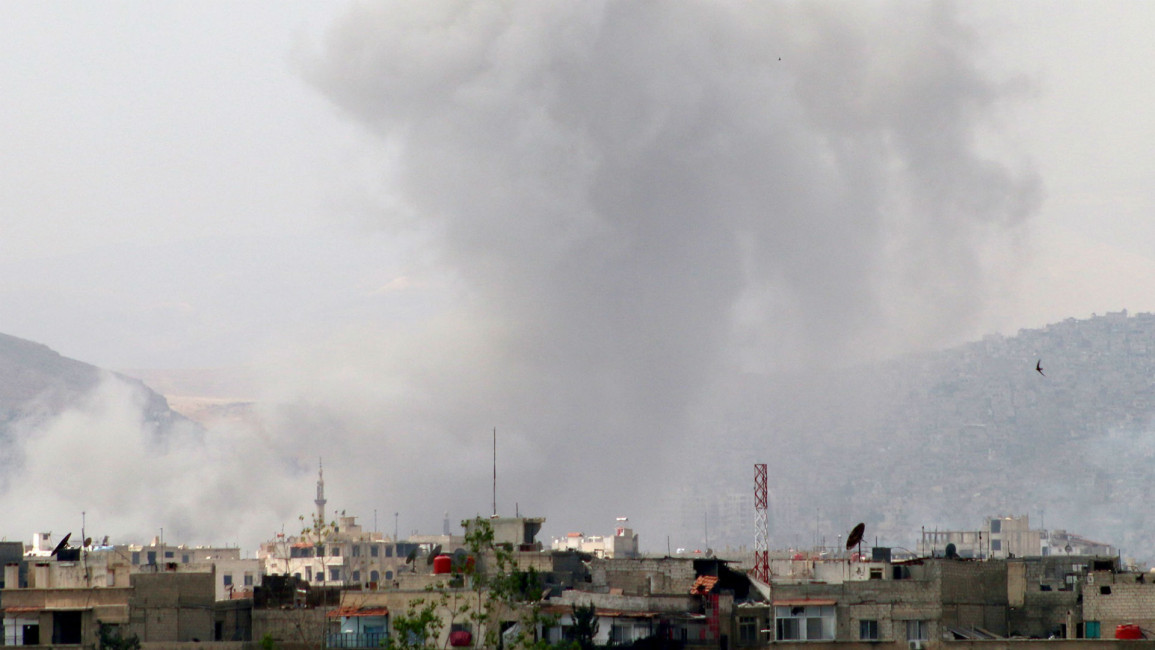Syria de-escalation zones calmer but factions criticise 'divisive plan'
The plan, details of which will still be worked out over the next several weeks, went into effect at midnight on Friday.
Syrian rebel groups have, however, expressed concern about the deal for safe zones.
Syria's leading opposition High Negotiations Committee [HNC] on Friday said in a statement that it rejected any plan that would divide the country into "useful" and "unuseful" areas.
The HNC also expressed "its concern about the ambiguity of the Astana agreement which was reached without the Syrian people and lacks safeguards and compliance mechanisms".
It said the agreement "lacks the minimal elements of legitimacy" and also rejected any role for government ally Iran as a guarantor of the deal.
The political wing of the Kurdish YPG militia have rejected the proposal, calling it a "sectarian partition" of the country.
Ibrahim Ibrahim, a PYD spokesman, said the plan amounts to "dividing Syria up on a sectarian basis" and described it as a "crime".
The deal calls for the establishment of four "de-escalation" zones across stretches of eight Syrian provinces.
Security zones on the edges of the areas would be established to monitor and ensure access, with forces from the three guarantor nations manning checkpoints and observation posts.
The deal seeks to ground all military aviation in the four areas, including flights by the US-led coalition fighting the Islamic State group.
But it calls for continued action against IS as well as the former al-Qaeda affiliate now known as Fateh al-Sham Front.
The deal is the latest bid to end more than six years of war.
The Syrian conflict began when the Baath regime, in power since 1963 and led by President Bashar al-Assad, responded with military force to peaceful protests demanding democratic reforms during the Arab Spring wave of uprisings, triggering an armed rebellion fueled by mass defections from the Syrian army.
According to independent monitors, hundreds of thousands of civilians have been killed in the war, mostly by the regime and its powerful allies, and millions have been displaced both inside and outside of Syria.
The brutal tactics pursued mainly by the regime, which have included the use of chemical weapons, sieges, mass executions and torture against civilians have led to war crimes investigations.


![Minnesota Tim Walz is working to court Muslim voters. [Getty]](/sites/default/files/styles/image_684x385/public/2169747529.jpeg?h=a5f2f23a&itok=b63Wif2V)




![Debris near Rafic Hariri International Airport [Getty]](/sites/default/files/styles/image_330x185/public/2176162423.jpeg?h=a5f2f23a&itok=MCSK9mkM)
![An Israeli air strike on Jabalia killed teenage journalist Hassan Hamad [Screengrab/X]](/sites/default/files/styles/image_330x185/public/2024-10/hassan%20hamad1.jpg?h=c12e0b96&itok=Rd_dyCVp)
